Institute for European Environmental Policy: Grantee Spotlight
.jpg)
The Giving Green Fund plans to award a restricted grant to the Institute for European Environmental Policy (IEEP) to conduct outreach and increase support for an EU agricultural Emissions Trading Scheme (ETS). IEEP is a sustainability think tank based in Brussels, Belgium that conducts evidence-based research and provides EU-based policy insights.
IEEP’s work falls within our prioritized philanthropic strategy of reducing food sector emissions. We think pricing agricultural emissions will incentivize movement towards a lower-emissions diet, especially by reducing livestock consumption. Although we are uncertain about the likelihood of an agrifood ETS being passed, we think the expected value of emission reductions advocating for an ETS could make this a worthwhile piece of our wider work food system strategy. Please see Giving Green’s deep dive report on food system emissions for more information, including risks and potential co-benefits, recommended sub-strategies, theory of change, funding need, and key uncertainties.
Last updated: October 2024
For more on the difference between the grantees of the Giving Green Fund and our Top Nonprofits, please see this blog post on the Giving Green Fund. This is a non-partisan analysis (study or research) and is provided for educational purposes.
What is the Institute for European Environmental Policy (IEEP)?
IEEP is a Brussels-based think tank established in 1976 to research and advocate for ambitious environmental policy in the EU. Its main program areas address EU environmental policy related to biodiversity, food systems, and land use. IEEP collaborates with stakeholders across EU institutions, international bodies, academia, civil society, and industry. Its activities include conducting technical research on specific environmental policies, disseminating findings to EU policymakers, and coordinating networks to build shared strategies.
What are we funding at IEEP, and how could it help reduce greenhouse gas emissions?
IEEP has been commissioned by the EU’s Directorate-General for Climate Action to investigate policy options for reducing agricultural emissions, including carbon pricing through an Emission Trading System (ETS). We are giving a restricted grant to IEEP to support its work engaging stakeholders and conducting outreach complementary to its EU-contracted research. These activities aim to gain input from diverse agrifood experts, scale up knowledge of an ETS or similar policy instruments among agrifood stakeholders, develop a strategic policy vision, and engage with policymakers to shape the climate policy framework. We think IEEP’s engagement work could increase the likelihood that policy instruments with a large mitigation potential are adopted during the 2024-2029 EU policy cycle. In particular, we think IEEP could increase support from agrifood stakeholders through two mechanisms: 1) becoming more attuned to stakeholders’ concerns and making thoughtful policy recommendations with these concerns in mind and 2) facilitating outreach that helps agrifood stakeholders understand how different types of policy instruments can be of benefit for them.
Why do we think IEEP will use this funding well?
We think IEEP is in a strong position to collaborate with like-minded organizations on a shared strategy, increase policymaker support for ambitious regulations, and decrease opposition from groups that could hinder a positive policy outcome. IEEP has built deep expertise on the agrifood policy framework and has strong relationships with diverse stakeholders that could be highly influential to agrifood discourse. It has demonstrated that it is a trusted partner of EU bodies such as the Directorate-General for Climate Action and Horizon research program, which are long-term funders of its research. IEEP is also well connected to other agrifood stakeholders, including nonprofits, industry, and academia, through their participation in various climate policy coalitions.
IEEP has received strong interest in increasing collaborative and outreach efforts related to the ETS. For example, it received feedback from EU-level decision-makers who would like to reform agricultural policy incentives and develop new policy instruments such as an agrifood ETS. IEEP has also received various collaboration requests from its networks and partner organizations but has been unable to fully capitalize on these opportunities due to capacity constraints. We hope funding IEEP will grow their ability to participate in such activities going forward.
Support Our Work
Giving Green Fund
One fund. Global impact. One hundred percent of your gift supports a portfolio of high-impact climate organizations, vetted by our research.
Best for:
Donors who want the simplest way to impact multiple climate solutions.
Top Climate Nonprofits
Meet the organizations on Giving Green’s list of high-impact nonprofits working to decarbonize our future, identified through our rigorous research.
Best for:
Donors who want to give directly and independently.
Support Our Work
We thoroughly research climate initiatives so you can give with confidence. For every $1 we receive, our work unlocks another $21 for effective climate solutions.
Best for:
Donors who want to amplify their impact through research.
.jpg)



.png)
.png)
.png)

.png)
.png)
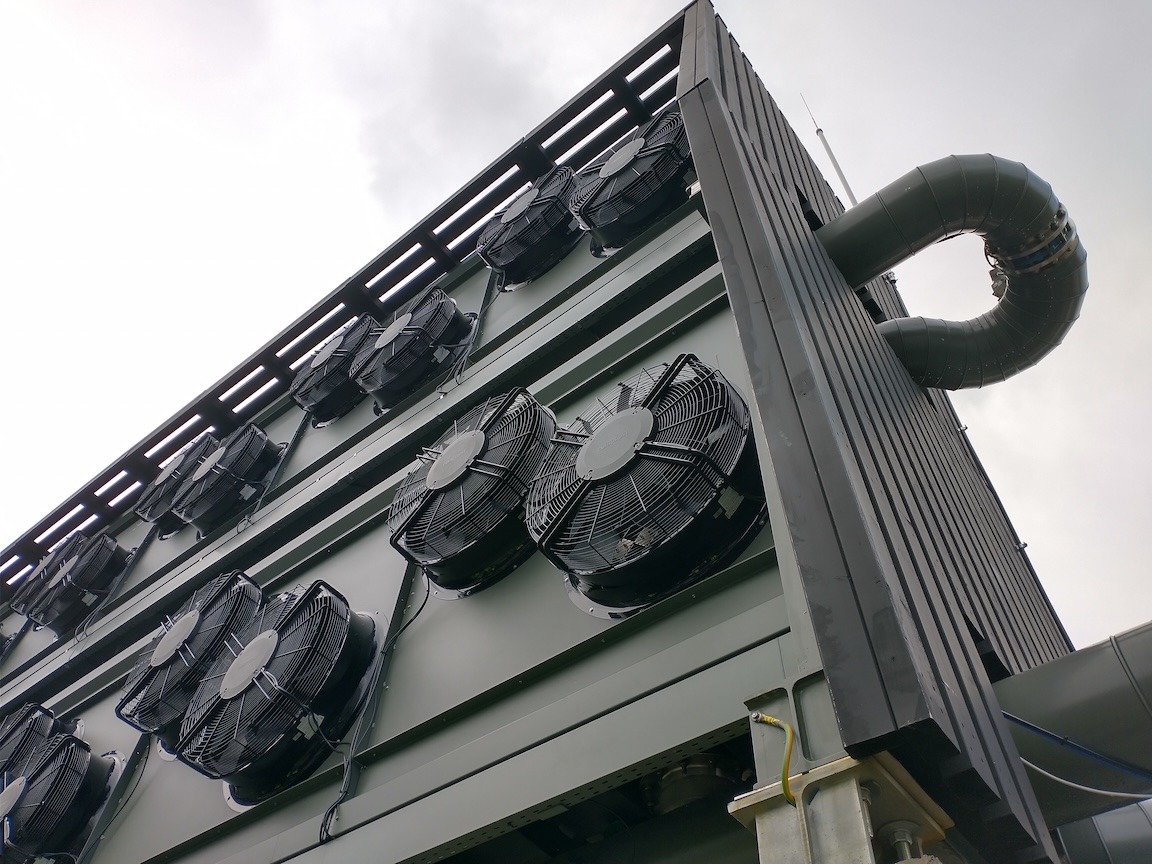
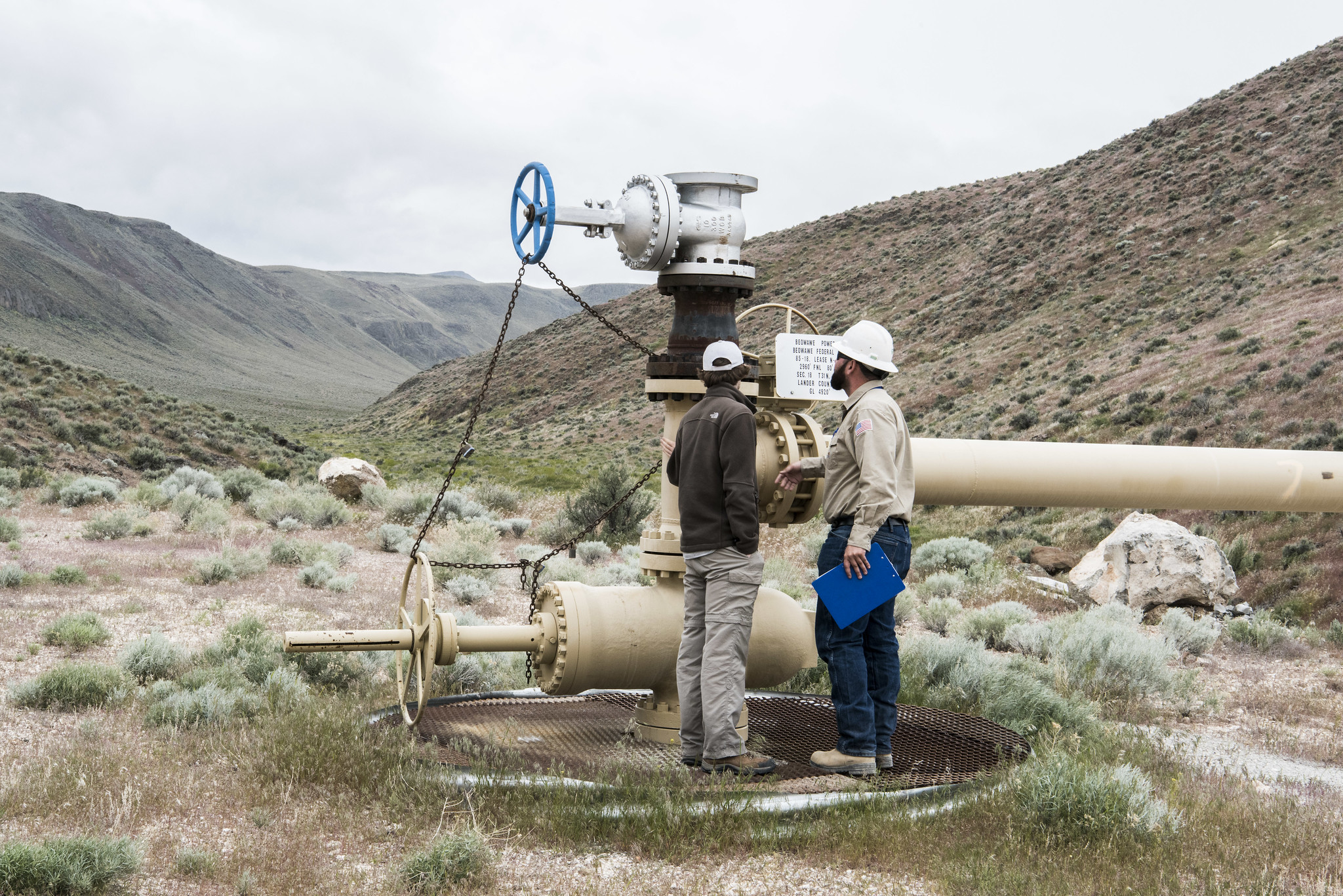
.png)

.png)

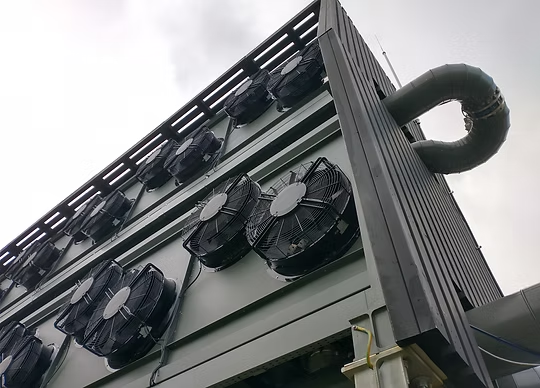
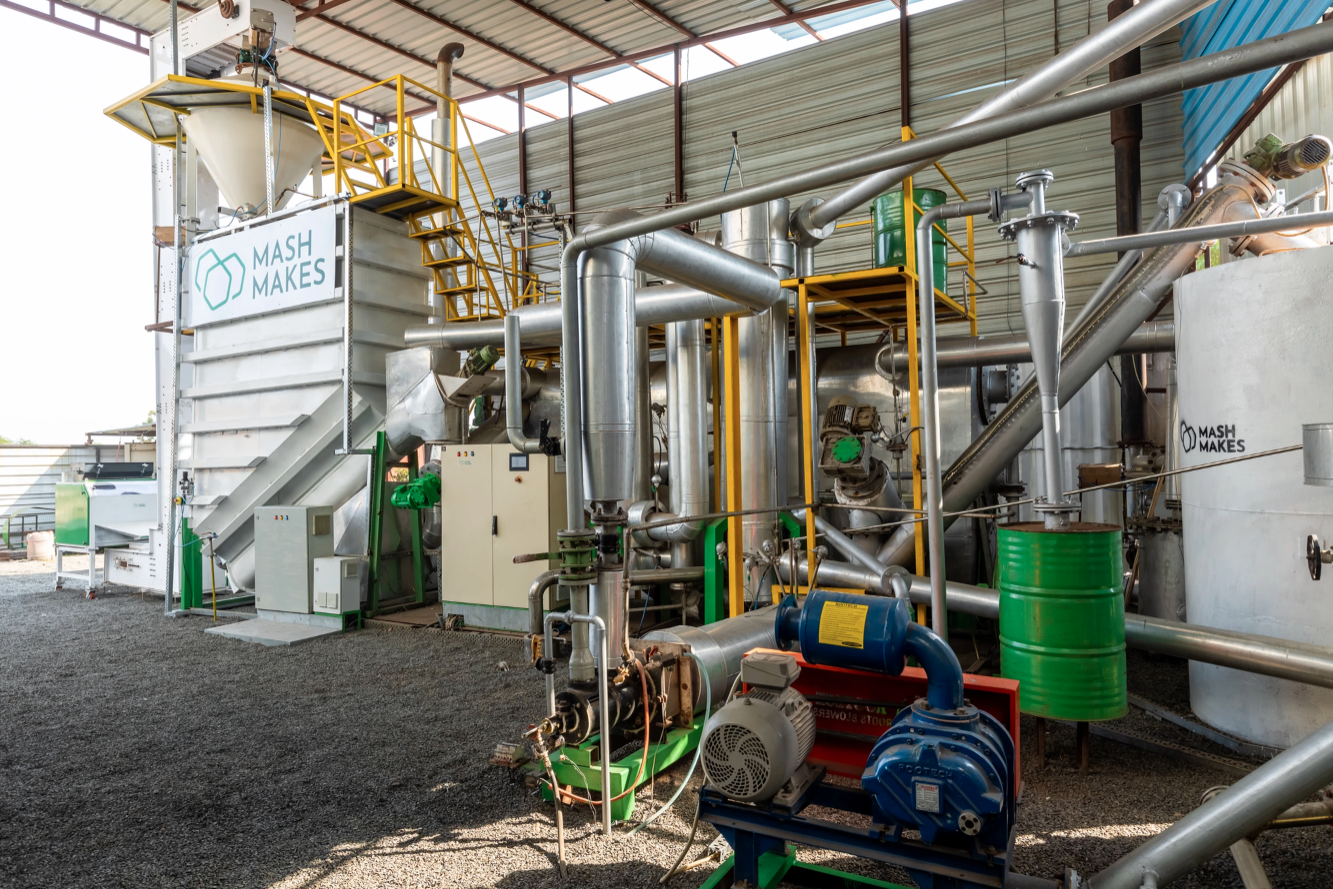

.png)
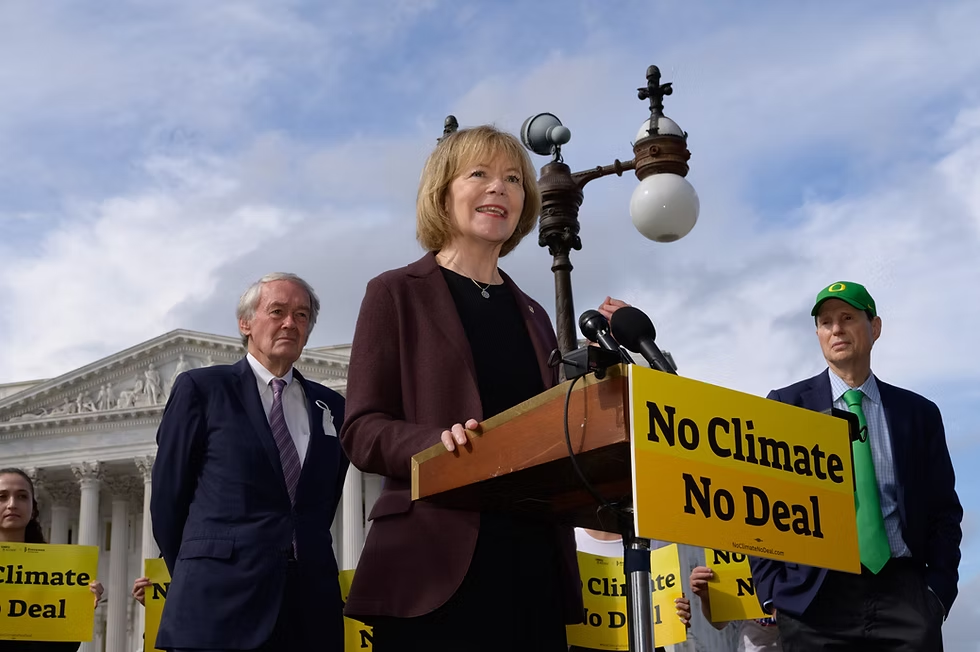
.png)
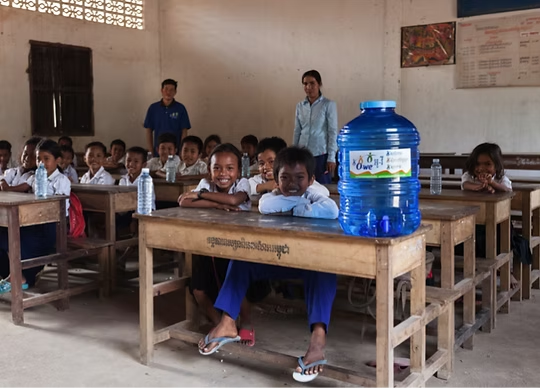
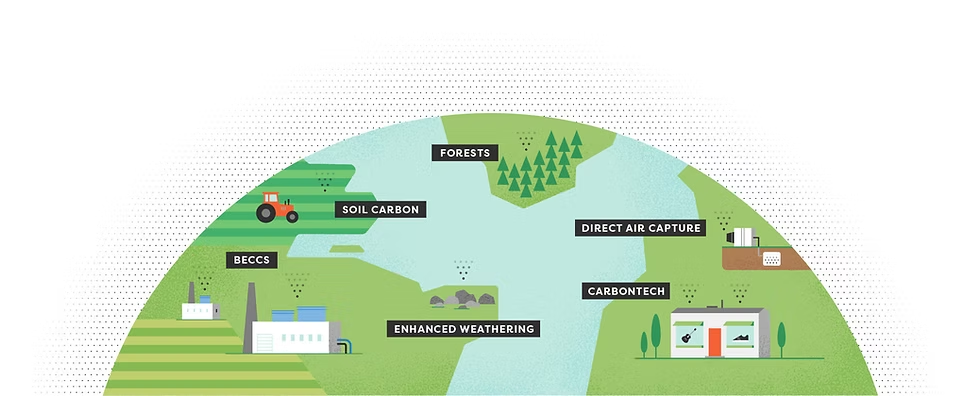
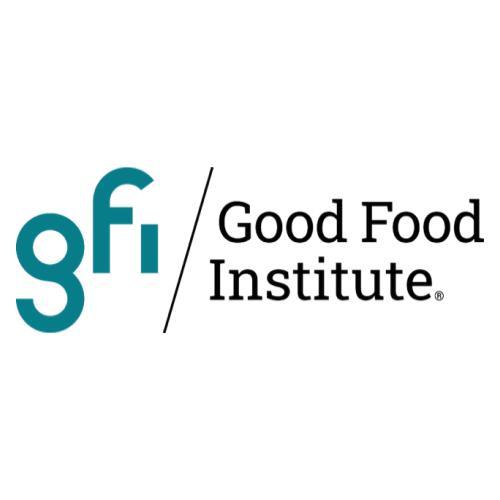
.png)

.png)
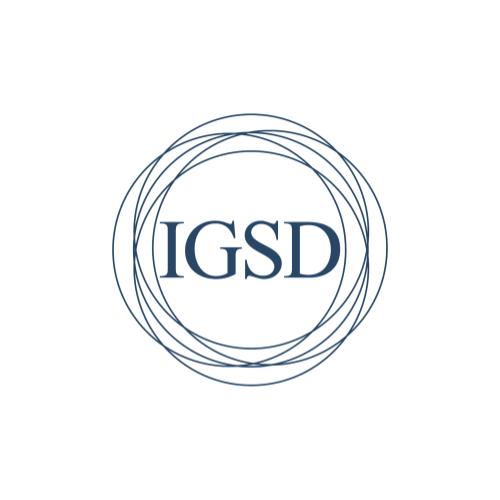




.png)

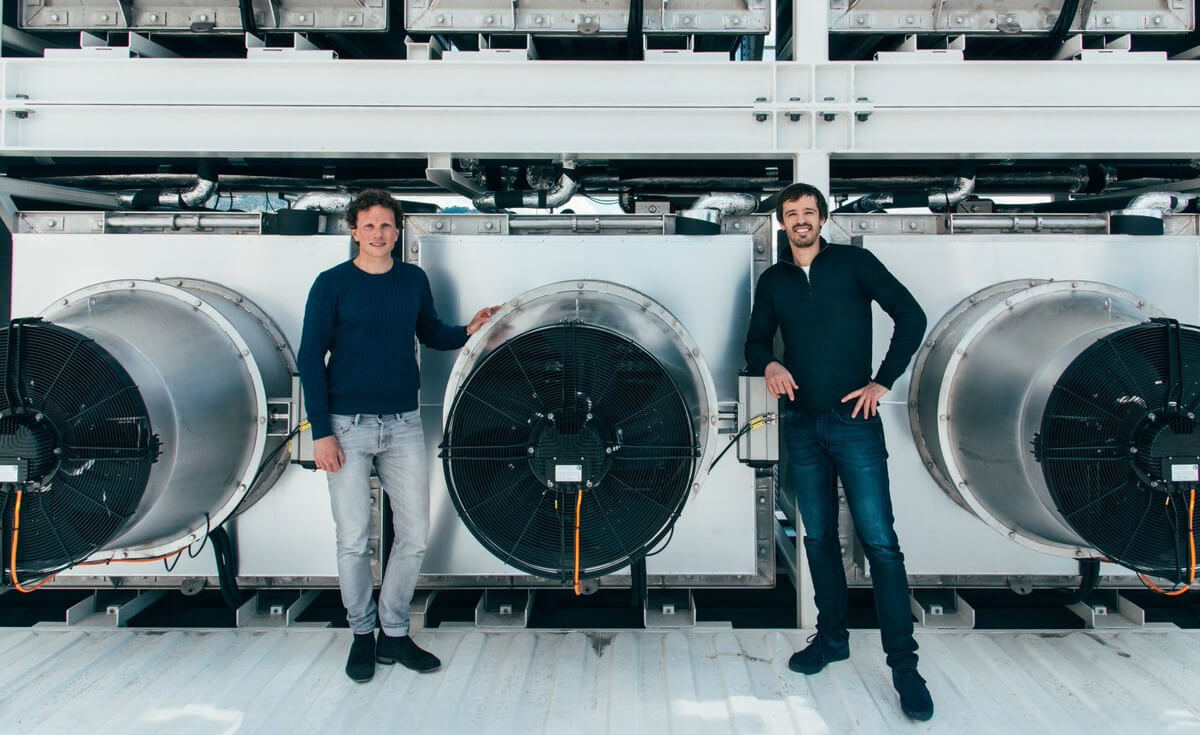

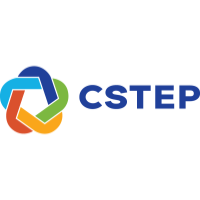
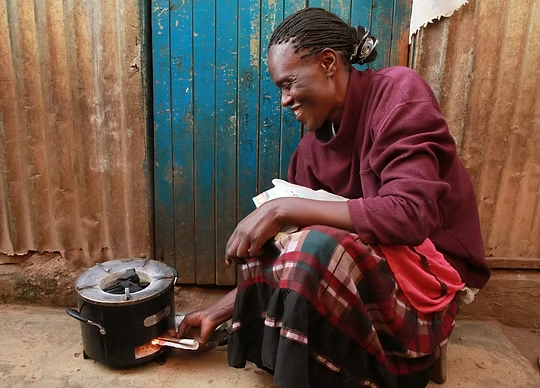
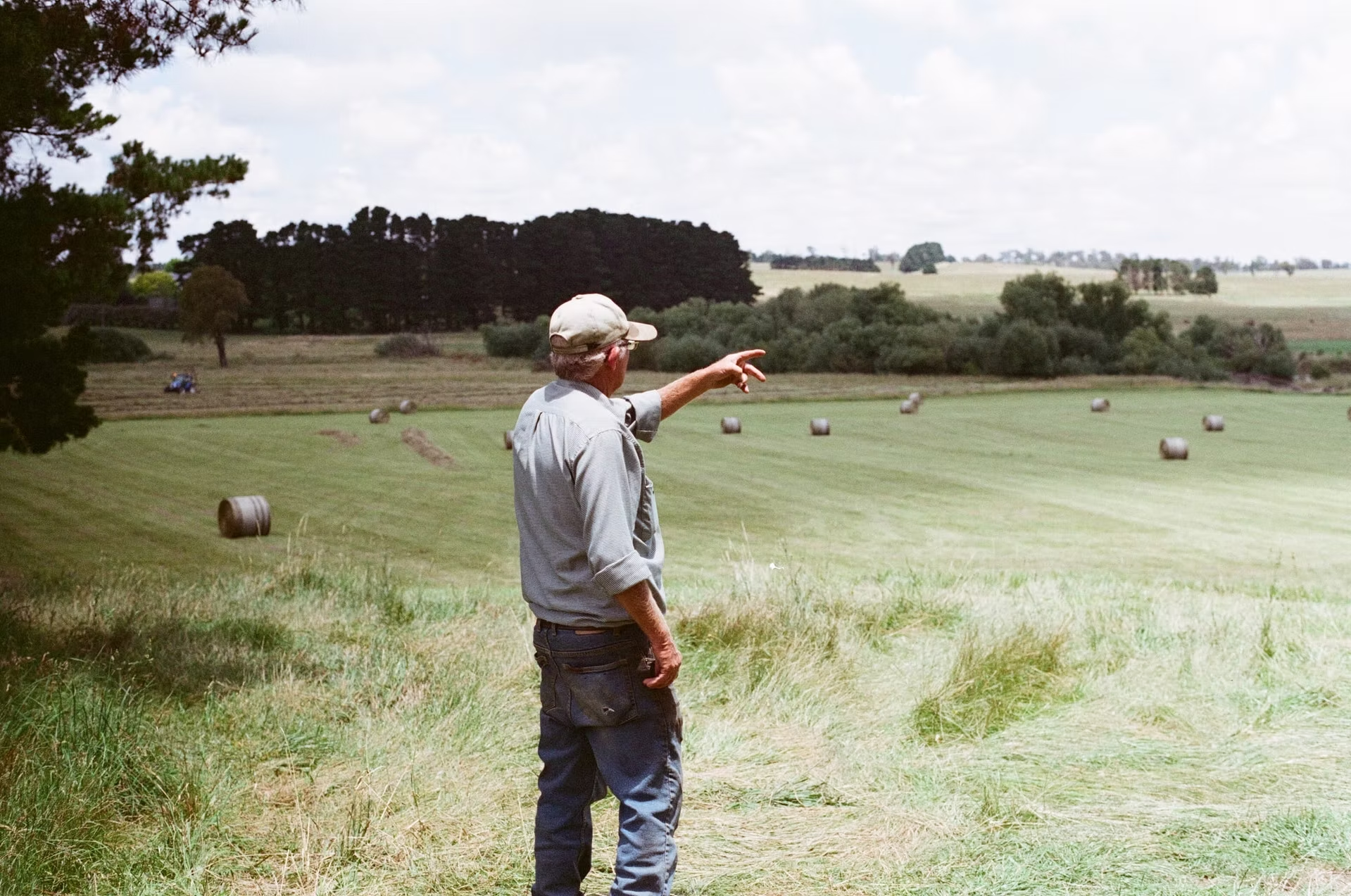
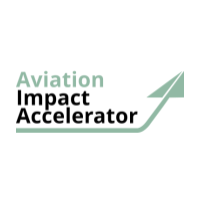
.png)
.png)

.png)
.png)
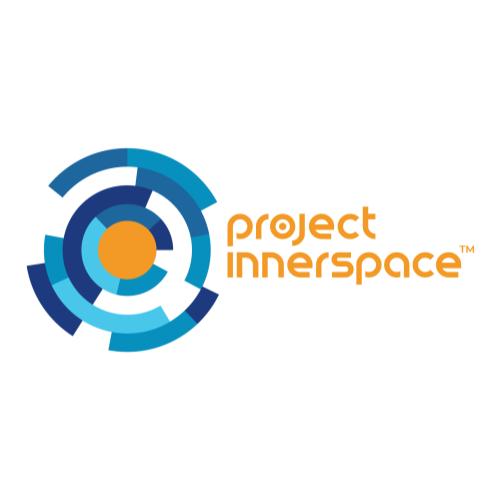


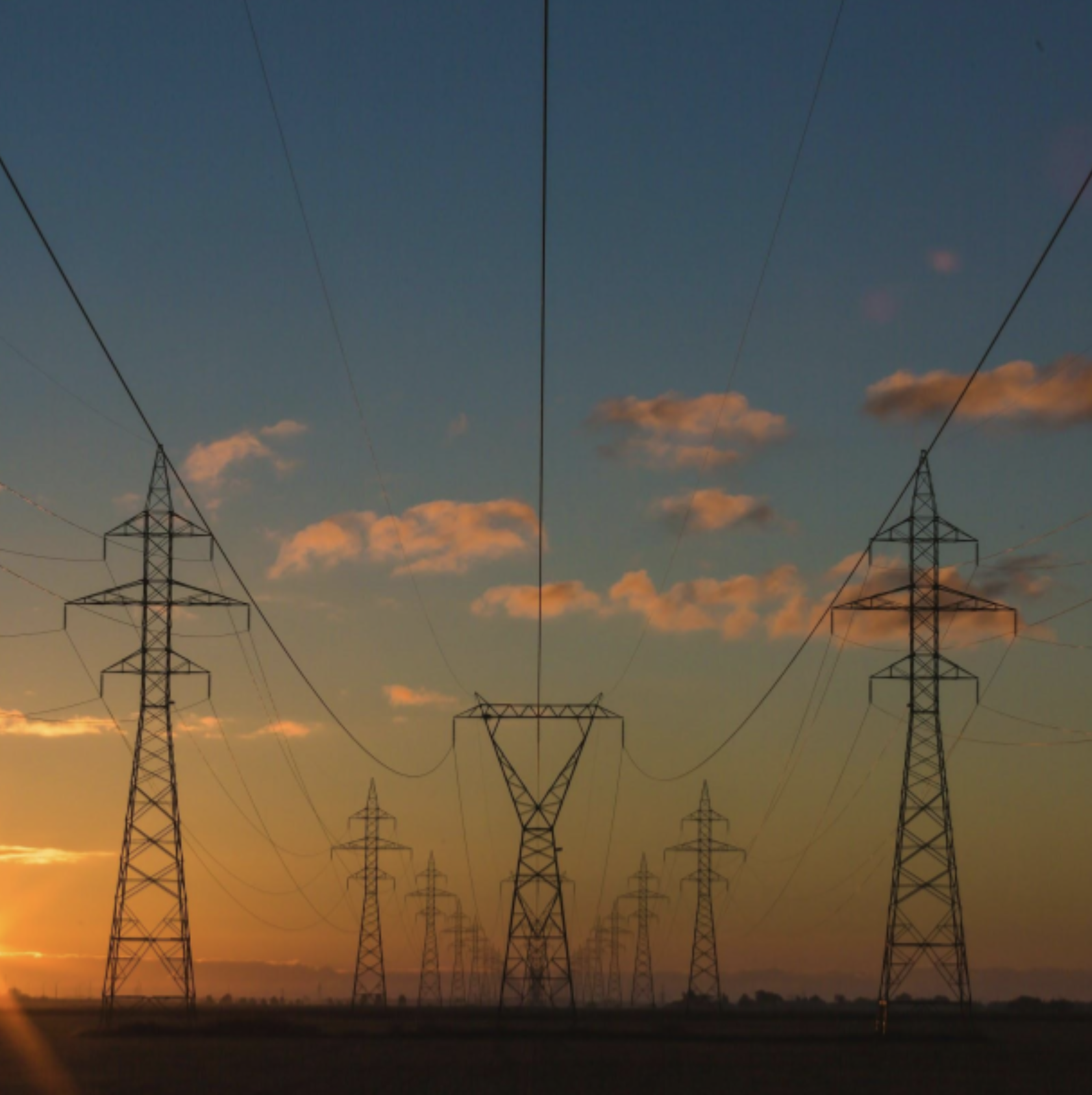
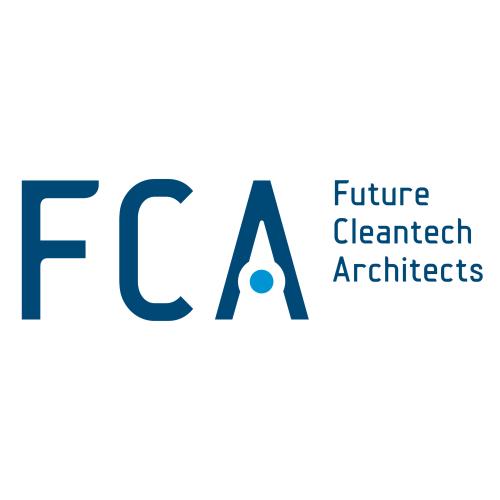




.png)
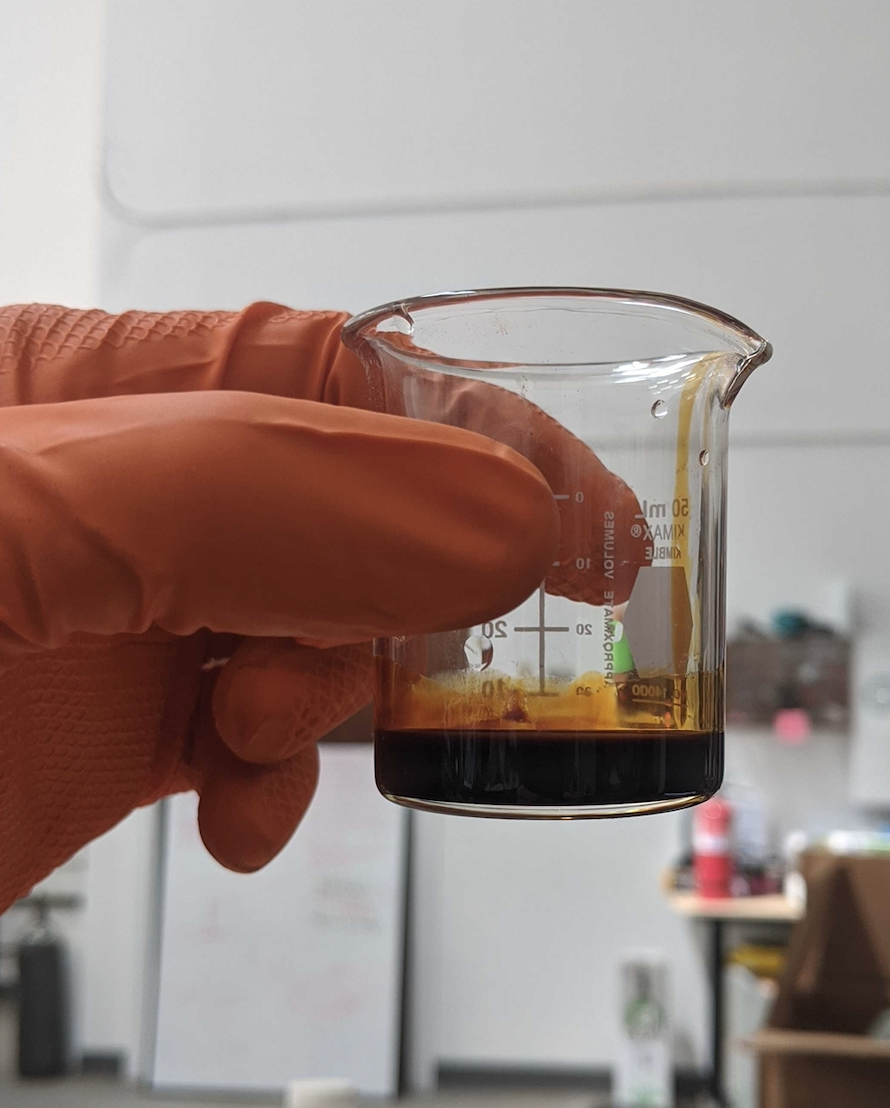
.png)
.png)
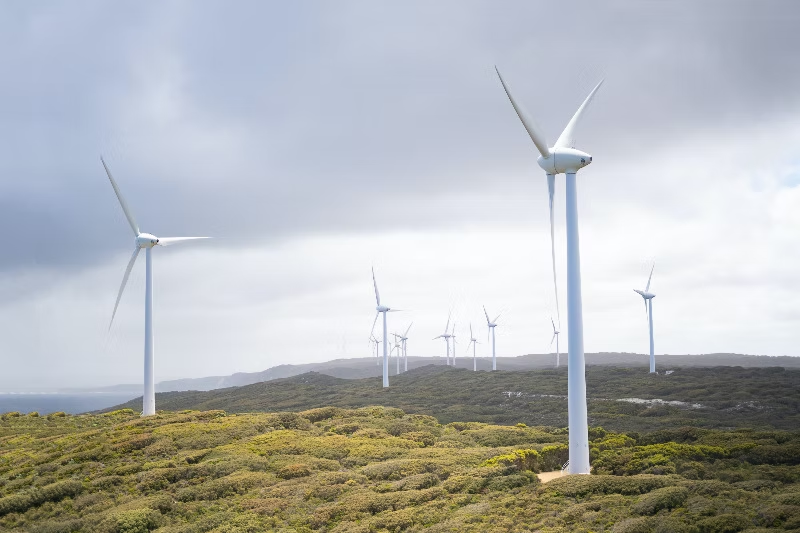
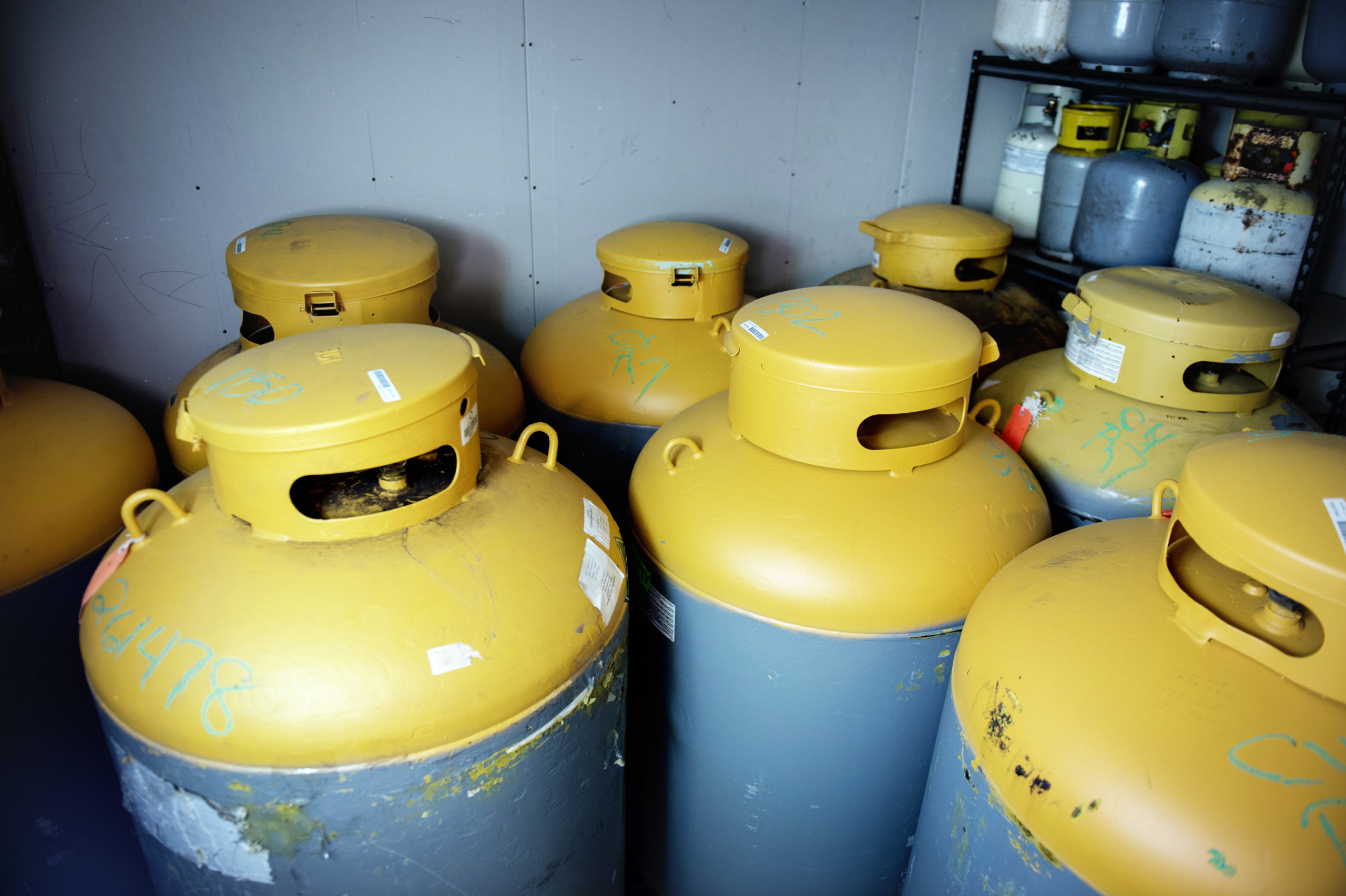

.png)
.png)
.png)
.png)

.png)




.png)

.png)
.png)
.png)
.png)
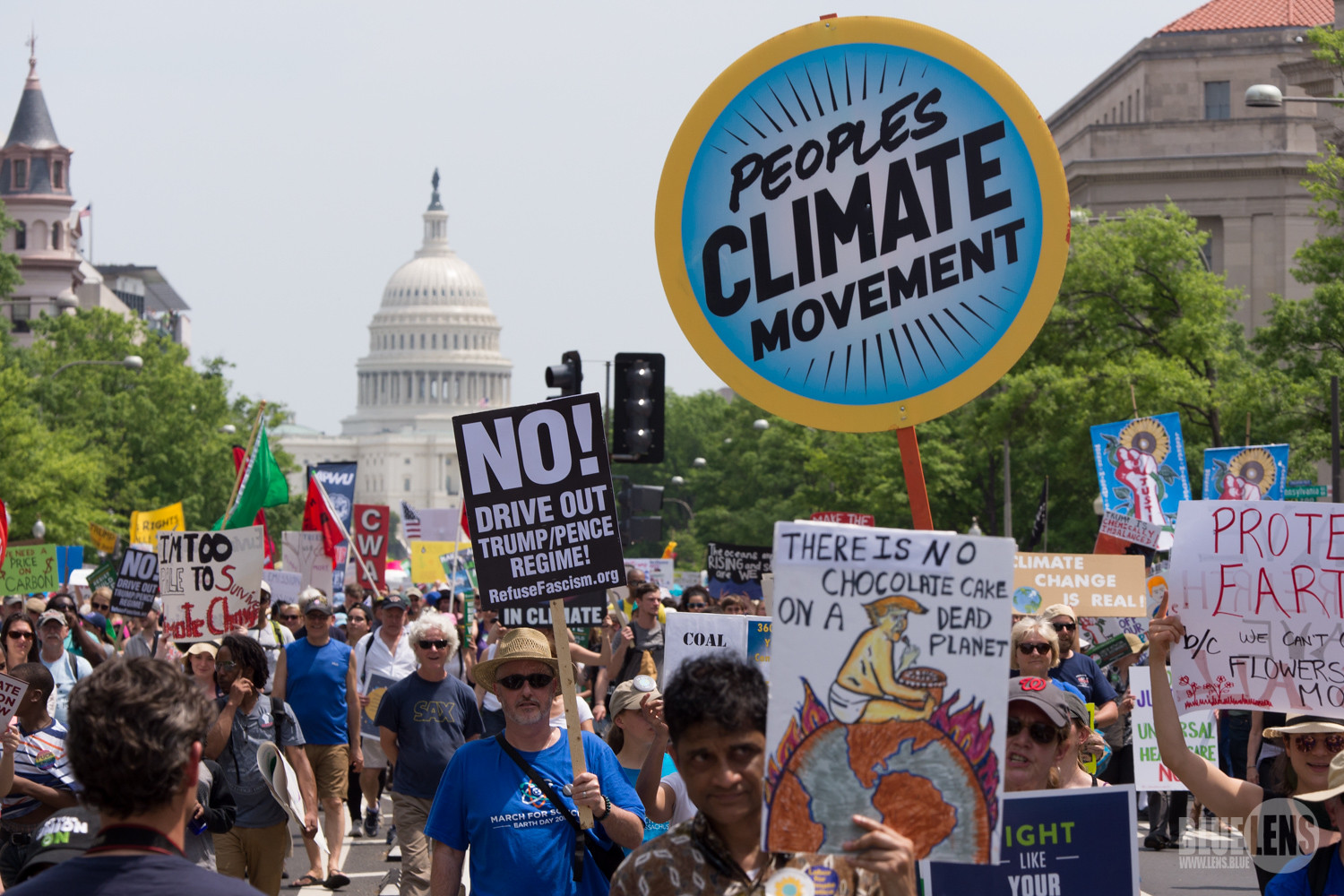

.png)
.png)


.png)
.png)
.png)

